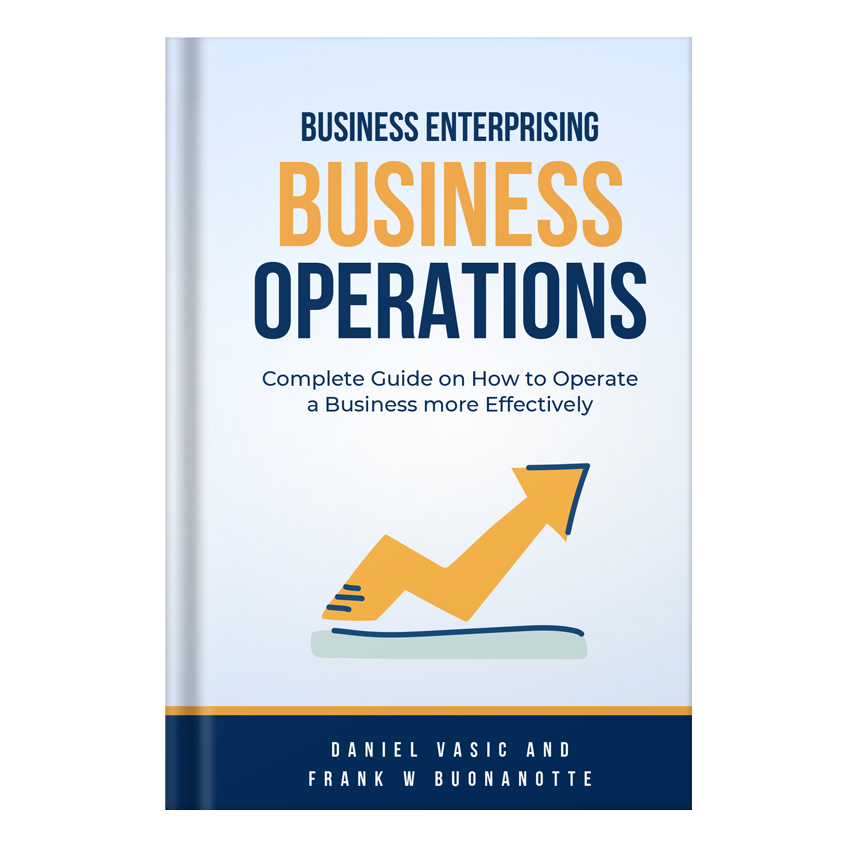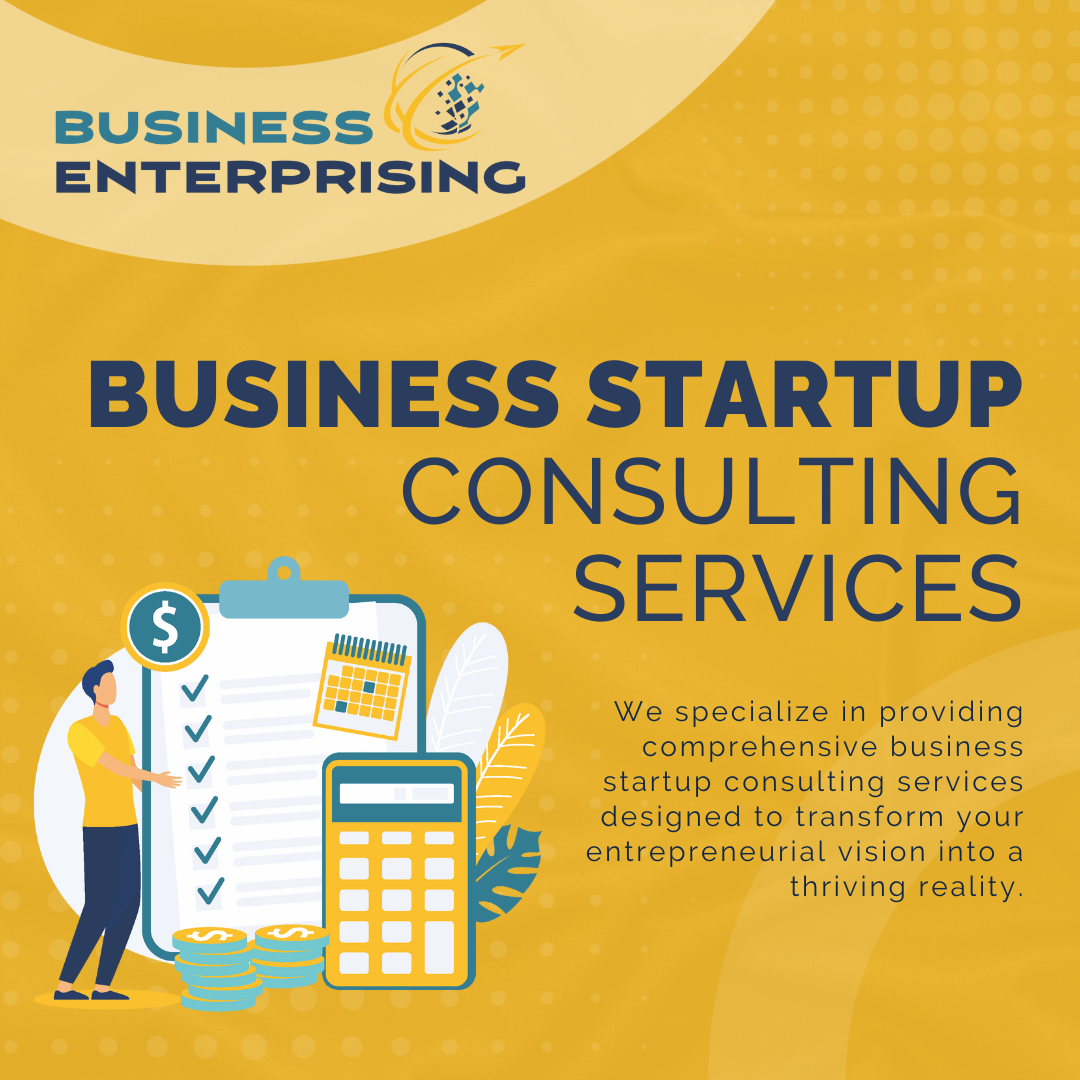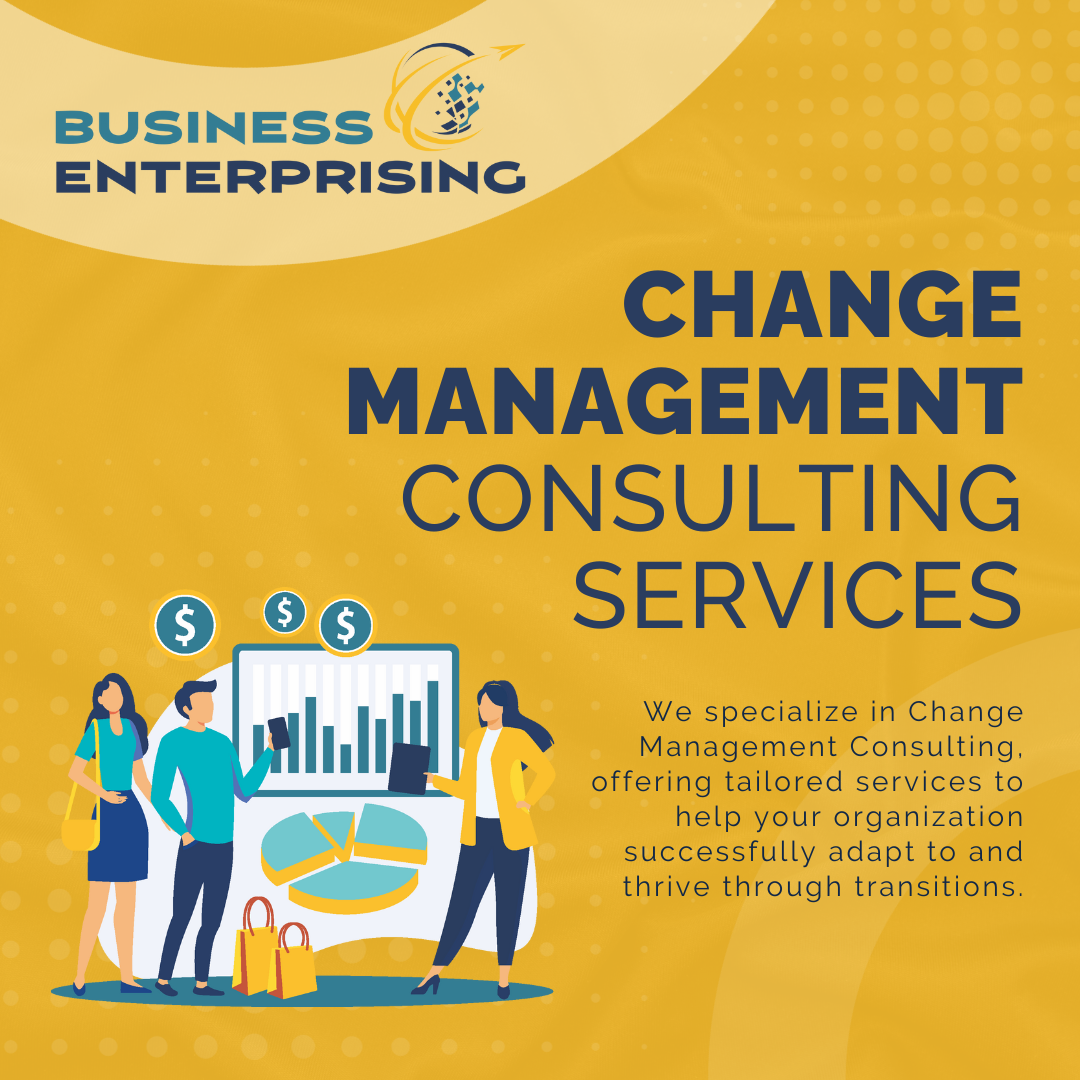Business Consulting Benefits are Hard to Ignore
Business consulting services have become instrumental in guiding companies through complex challenges, strategizing for growth, and optimizing operations. The collaborative partnership between consultants and clients yields numerous advantages, shaping the trajectory of businesses. Let’s explore in detail the substantial benefits clients experience when they engage with business consulting services, backed by facts, statistics, and concrete examples. These business consulting benefits are hard to ignore.
1. Specialized Expertise and Insights:
- Benefit: Access to specialized knowledge and insights from industry experts and seasoned consultants.
- Statistics: 73% of businesses agree that working with consultants provides valuable external perspectives (Source: Hinge Research Institute).
- Example: Consultants’ expertise in digital transformation helped a company increase efficiency by 30% within six months.
2. Strategic Planning and Execution:
- Benefit: Assistance in crafting and executing strategic plans aligned with business goals.
- Statistics: 70% of organizations believe consulting services helped them execute strategies more effectively (Source: The Boston Consulting Group).
- Example: A consulting firm’s strategic guidance led to a 25% increase in market share for a client in a competitive industry.
3. Enhanced Efficiency and Operations Optimization:
- Benefit: Identification of inefficiencies and implementation of streamlined processes.
- Statistics: Consulting services result in a 26% increase in operational efficiency on average (Source: Deloitte).
- Example: Process optimization by consultants reduced production costs by 15% for a manufacturing client.
4. Improved Financial Performance and Cost Reduction:
- Benefit: Recommendations for cost-saving measures and strategies for improving financial performance.
- Statistics: Businesses that engage consulting services experience an average revenue increase of 4.5% (Source: Forbes).
- Example: Strategic cost-cutting initiatives suggested by consultants resulted in a 12% increase in profit margins.
5. Market Expansion and Competitive Edge:
- Benefit: Assistance in entering new markets, market research, and competitive analysis.
- Statistics: Consulting services lead to a 20% faster growth rate for companies entering new markets (Source: PwC).
- Example: Consulting support enabled a client to successfully penetrate a new market, achieving a 40% increase in market share.
6. Change Management and Adaptability:
- Benefit: Support in managing organizational change and fostering adaptability.
- Statistics: 94% of companies implementing changes with consultants believe they were successful (Source: McKinsey & Company).
- Example: Consulting services facilitated a smooth transition during a merger, resulting in minimal disruption and increased employee satisfaction.
7. Tailored Solutions and Customized Strategies:
- Benefit: Tailored solutions addressing specific business challenges and goals.
- Statistics: 78% of businesses find that consultants provide custom-tailored solutions (Source: Statista).
- Example: A consulting firm devised a personalized marketing strategy that led to a 30% increase in customer engagement for a client.

Why Guess in Business?
Work with business experts through consulting services and eliminate the guessing which leads to costly mistakes and pitfalls. Work with experienced professionals for best results.

Business Consulting Services
Business consulting services have clients experience the benefits quickly. Consultants do not require a learning curve. They can execute with quality right away.
Why Pay for Business Consulting Services?
The primary reason to pay a business consultant lies in their ability to provide specialized expertise and deliver tangible value that significantly outweighs the cost of their services. Business consultants bring a wealth of experience, knowledge, and insights that can propel a company forward in various ways. Here are the key reasons why someone should consider paying a business consultant:
Specialized Expertise: Consultants possess specialized knowledge and skills in specific areas such as strategy development, operations management, marketing, finance, or technology. Their expertise often exceeds that of in-house teams, providing valuable insights and recommendations that lead to better decision-making.
Objective External Perspective: Consultants offer an external and impartial viewpoint free from internal biases. They bring fresh perspectives and are not bound by existing organizational structures or politics, enabling them to identify issues, inefficiencies, or growth opportunities that might be overlooked internally.
Efficiency and Time Savings: Engaging consultants saves time by leveraging their expertise to swiftly address challenges or implement initiatives. Consultants bring a structured approach, tools, and methodologies honed through experience, enabling quicker problem-solving and project execution.
Access to Best Practices and Innovation: Consultants stay updated on industry trends, best practices, and innovative strategies. They introduce cutting-edge ideas and approaches that can transform businesses, keeping them competitive and adaptive in rapidly evolving markets.
Customized Solutions: Consultants provide tailored solutions specific to the client’s needs and goals. They conduct in-depth analyses, devise strategies, and implement solutions that align with the unique circumstances and objectives of the business.
Change Management and Implementation Support: Consultants assist in managing change within organizations, guiding the implementation of new strategies, processes, or technologies. Their support ensures smoother transitions and increases the likelihood of successful adoption by employees.
Return on Investment (ROI): Ultimately, the reason to pay a business consultant is the potential for a significant return on investment. The value they bring, such as increased revenue, cost savings, process improvements, or market expansion, often far surpasses the cost of their services.
Learning and Development: Engaging with consultants is also an opportunity for organizational learning and development. Teams can acquire new skills, methodologies, and perspectives by working alongside consultants, enhancing their capabilities for future projects.
In essence, the key reason to pay a business consultant is the transformative impact they can have on a company’s growth, efficiency, and competitiveness. Their ability to provide expert guidance, objective insights, and customized solutions can lead to substantial improvements in a company’s performance, making their services an investment rather than just an expense.
Conclusion
In conclusion, the collaboration between businesses and consulting services offers multifaceted advantages, including strategic insights, operational enhancements, cost savings, and market expansion. These benefits, supported by data and real-world examples, underline the pivotal role of business consulting services in driving growth, fostering innovation, and ensuring long-term success for organizations across diverse industries.



















